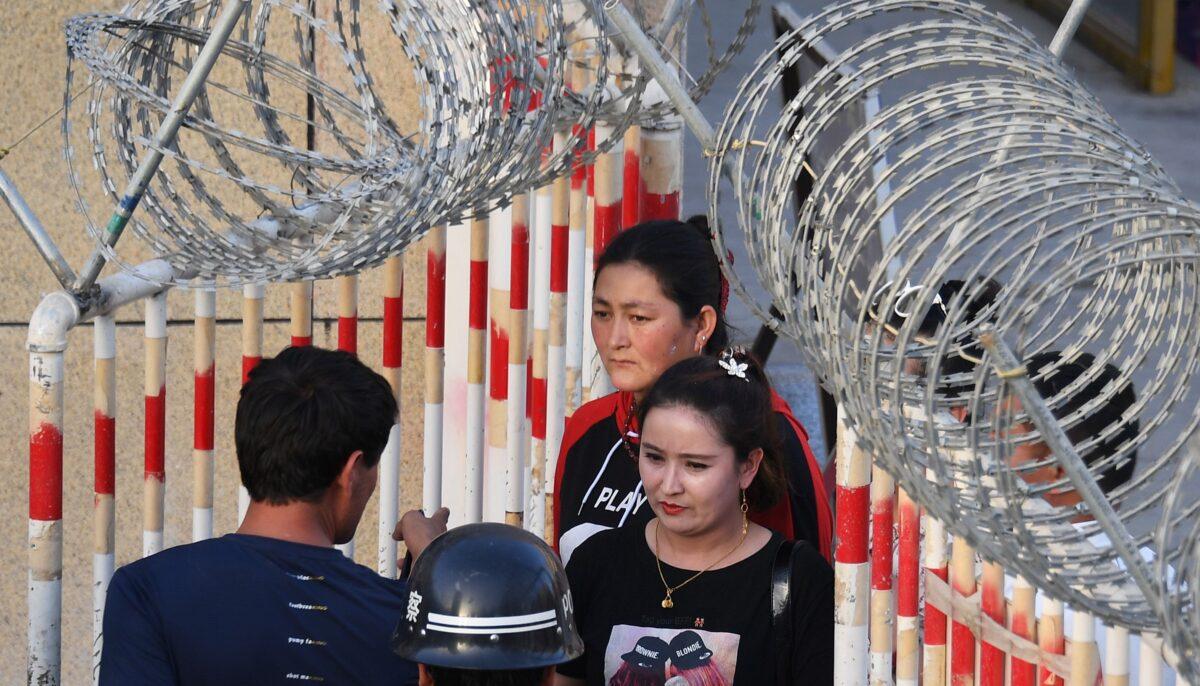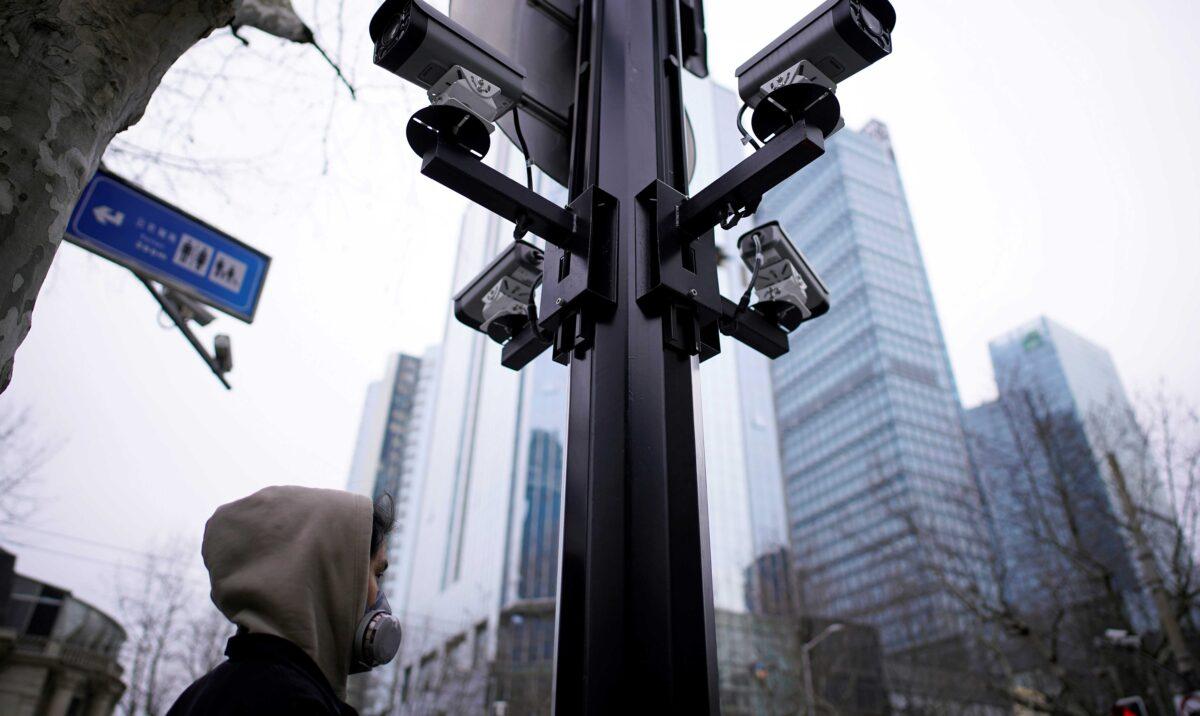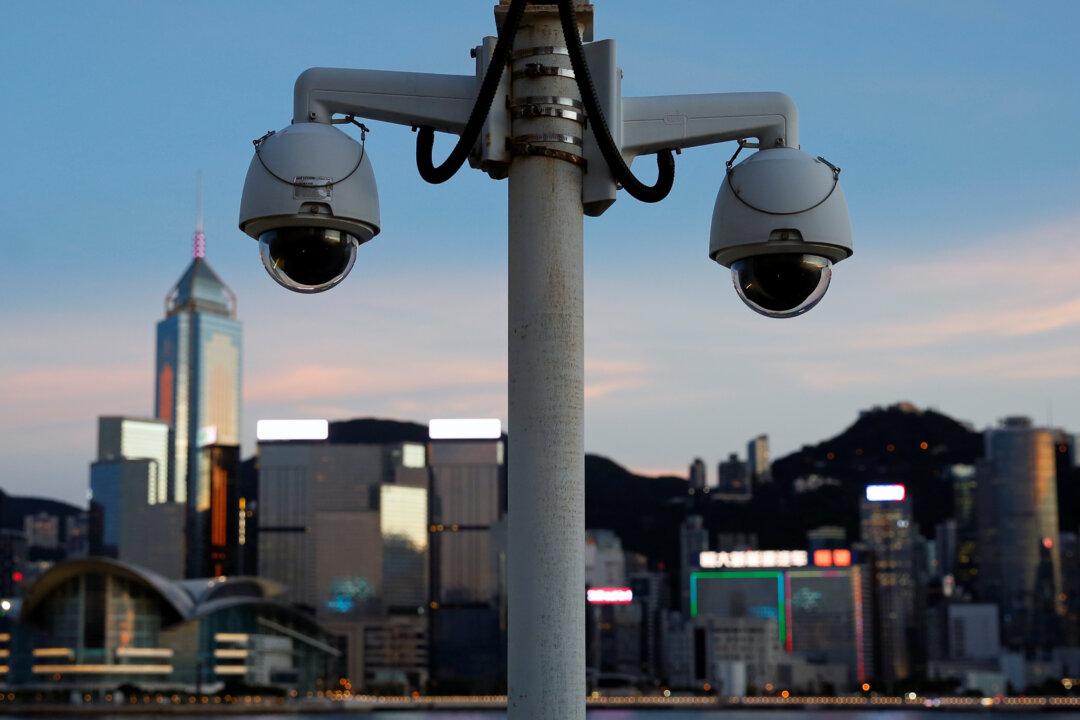Some European tech companies have been selling digital surveillance technology to Chinese security agencies involved in serious human rights violations, Amnesty International said on Monday.
In some cases, the export was directly for use in China’s indiscriminate mass surveillance programs, the report revealed.

‘Out of Control’
“Europe’s biometric surveillance industry is out of control,” said Merel Koning, Amnesty International’s senior policy officer on technology and human rights.“Our revelations of sales to Chinese security agencies and research institutions that support them are just the tip of the iceberg of a multi-billion Euro industry that is flourishing by selling its wares to human rights abusers, with few safeguards against end-use abuses.”

‘Serious Questions to Answer’
Sales of digital surveillance systems are not currently restricted by the European Union despite posing risks to privacy and other freedoms in countries that lack adequate safeguards, according to the report.“These technologies can be exported freely to every buyer around the globe,” reads the report. “The EU exports regulation framework needs fixing, and it needs it fast.”

Amnesty International called for the technology to be treated in the same way as goods with dual civilian and military use, meaning export deals could be blocked if judged to pose a significant threat to human rights.
“EU governments need to face up to their responsibilities and rein in this unchecked industry,” said Koning. “Until the EU does, they have serious questions to answer about their potential role in human rights violations perpetrated by the Chinese government.”
The European Parliament and EU member states will hold a crucial meeting in Brussels on Tuesday to decide whether to strengthen EU export rules.

Allegations Denied
The Amnesty report identified three EU companies that have supplied surveillance equipment to Chinese police.Morpho, which is now part of IDEMIA, a French multinational, was awarded a contract to supply facial recognition equipment directly to the Shanghai Public Security Bureau in 2015, the report says.
IDEMIA said the sale had involved an old-generation system for the identification of faces on recorded footage rather than live surveillance, adding it “did not and does not sell facial recognition technologies to China.”
Axis Communications, a Swedish company, was said to have supplied its technology to China’s public security apparatus and is repeatedly listed as a “recommended brand” in Chinese state surveillance tender documents dating from 2012 to 2019.
Dutch company Noldus Information Technology supplied emotion recognition systems to public security and law enforcement-related institutions in China, Amnesty said.





